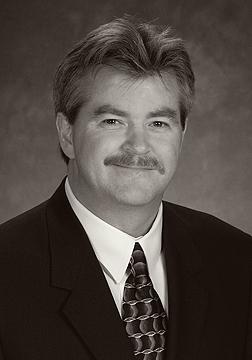Not Your Everyday Conversation
Despite working in healthcare for years as a Trauma Surgeon and Surgical Intensivist it's rare for me to engage in a philosophical discussion with my colleagues on the meaning of life and death. Talk in the physician's lounge tends to focus on one of three general areas: The healthcare crisis, current affairs and finally, if we have time, patient care. About the only place you will hear anything philosophical discussed will be at an Ethics Committee meeting. So that is why it surprised me when an older, more experienced colleague of mine sat down in the lounge one day and brought up the topic of death with me.
How Do You Deal With Death?
He had a friend who recently suffered the loss of a child and was terribly devastated by this. His friend approached him because he knew he was a physician and might have some secret insight into understanding how to cope with this horrible pain. Doctors, after all, are use to seeing people die and must have some special way to deal with this type of pain. My colleague did not see a great deal of death in his specialty and therefore did not have an answer for his friend in need. He thought he might find the answer from someone like me who tends to see more death compared to other specialties. At first I didn't have an answer for him. We continued our discussion and in time I think we found one. It's called the presence of death and the absence of life.
On The Job & Off The Job
When I am on call as a Trauma Surgeon and a patient is brought into the Emergency Department (ED) there is a very good chance I do not know that person. I've never met that individual. I know nothing about their life. If the patient arrives DOA (dead on arrival) and I declare them dead that is, for me, the "presence of death". If a man brought into a ED arrives DOA and he turns out to be my brother, just as in the previous example, he will also be declared dead. Unlike the previous example this is a completely different experience. I will know this person and will have shared a great deal of life with them. For me this is called the "absence of life". The distinguishing feature between the two examples is how much a part of their life was a part of my life.
The Same Way Everyone Else Does
It is not easy to experience the death of another person but as long as it is the "presence of death" and does not occur too frequently we can train people to cope with it. What is difficult, if not impossible to prepare anyone for, is the pain that accompanies the "absence of life". Distinguishing these two types of loss is how doctors and nurses cope on the job. When it's someone we know, care about, and love, we're just like everyone else. Our grief is proportionate to our loss, and our loss is proportionate to how much they touched our lives. This is why there is more than one way to grieve and why there is no single answer to the question, "How do you deal with death?"
Subscribe to:
Post Comments (Atom)

No comments:
Post a Comment